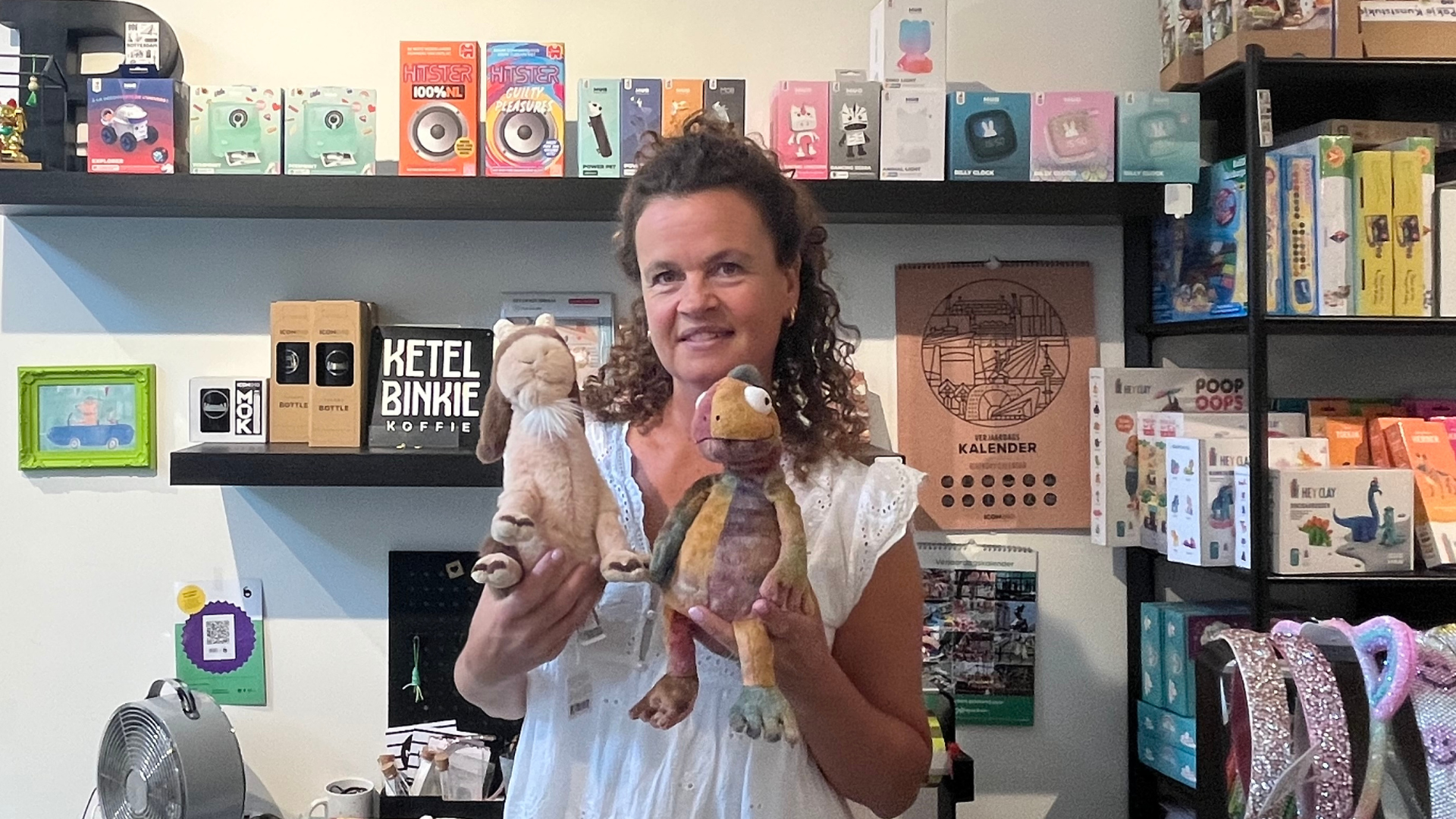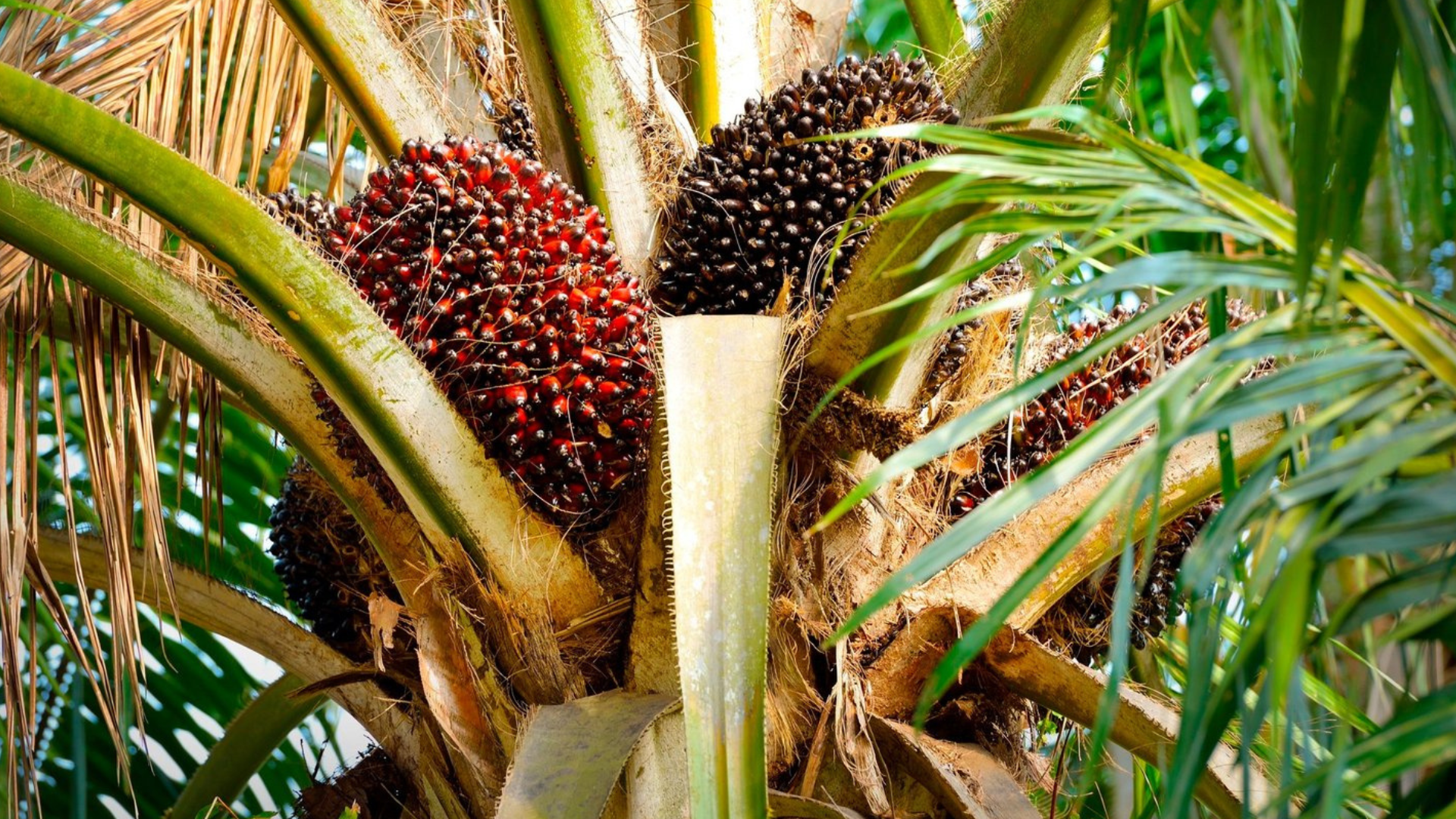Are you aware of how big the problem of food waste really is? Do you know how to combat that? In this article, we would like to educate and inspire you.
In the Netherlands, we annually waste approximately 2 billion kilos of food. That already literally sounds like tones, which it is, but the impact it has on the environment is even bigger. Thankfully, there are organizations such as ‘Together Against Food waste (in Dutch: Samen Tegen Voedselverspilling)’ that keep pointing out the problem and are providing everyone with solutions. In this blog we talk about the problem and are sharing tips on how you can improve your contribution:
- Use all of your leftovers
- Too Good to Go App
- Produce from the farmer's market
What is food waste?
We talk about food waste when food that is meant for consumers gets thrown away, excluding all the inedible parts such as bones, shells, peels, etc. So, what does food waste include? All products that are expired (and therefore not consumed) and food that gets thrown away in stores. In short, we are talking about waste throughout the whole food chain.
The organization “Samen Tegen Voedselverspilling” researches the numbers behind food waste. At home, we annually waste 34 kilograms of food per person. If we look at waste throughout the whole food chain, we are talking about approximately 106 to 147 kg/person. Households contribute 23-32% to the total amount of food that gets thrown away.

So, why is it a problem?
The further along the chain products get tossed out, the bigger the effect on the environment. This is due to all the resources and energy that have already gone into the process of production, transport, packaging, development and much more.
If there would be no food wasted, the total environmental impact from food consumption would be 9% lower in the Netherlands, which is quite a lot! In the Netherlands, food waste emits 131 kilograms of CO2 every year per person, 8 to 10% of the total greenhouse gas emissions.
The impact also heavily depends on the category of food we are looking at. The production of meat emits more greenhouse gases than their counterparts, which means that meat production has a bigger impact on the environment than fruits and vegetables.

What can you do yourself?
Change the world, starting at you. Small changes have a big impact and what is easier than to start looking at how you can make changes in your life that would be beneficial for food waste decrease.
Organizations such as ‘Samen Tegen Voedselverspilling’ and ‘Nutrition Centre (Dutch: Voedingscentrum) ’ often share tips on how to reduce the amount of food you are wasting. There is also an annual campaign, organized by ‘Samen Tegen Voedselverspilling’ during which people pay extra attention to food waste and what to do against it.
We wouldn’t be ByeWaste if we wouldn’t provide our favourite tips on how to minimise food waste:
1. Use all of your leftovers.
Not just leftovers from last night’s dinner, but also the leftovers from the ingredients you used to prepare that meal. It is often difficult to find something to use them for, especially when you are running out of creativity. Luckily, there are useful apps and websites such as Supercook, where you can input the ingredients you have at home and it will provide you with recipes. Now, cooking with leftovers is super easy!
2. Too Good to Go
Another great option is the app TooGoodtoGo! Using TooGoodtoGo, you can buy boxes from stores really cheap. The goal is to lessen the food that gets wasted in stores even before it gets to the consumer. A lot of supermarkets such as Lidl and Coop are also on the app. You can often get produce boxes from them. These leftovers are a big variety of fruits and vegetables, still in great condition and ready to eat! Combine this with Supercook to up your food game even more! Albert Heijn usually has bread boxes, which is a cheap way to stock your fridge with bread.
Do you like using apps for better insights and increased sustainability? Find out more (apps) In this blog post.
3. Produce from the farmer’s market
A lot of cities and towns have a market where farmers from their region come to offer their products, sometimes even multiple times per week.
At a farmer’s market, you can get a specific (measured) amount of fruits, vegetables, and cheese. That way, you can buy exactly what you need for your meals and you will not have to deal with too many leftovers! Besides that, you also avoid whole foods becoming processed foods by going through too many steps in the chain, diminishing energy and resource consumption. Also, lots of products can be bought without packaging. That also saves a lot of unnecessary strain on the environment.
Do you have more tips on how to combat food waste? Let us know!






.png)


